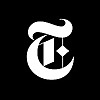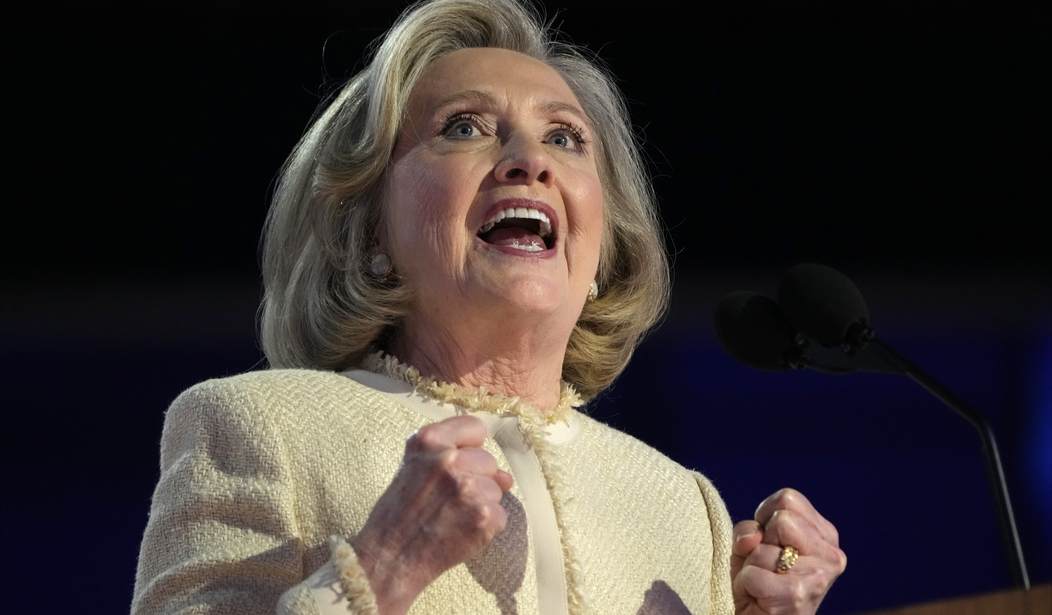You have a preview view of this article while we are checking your access. When we have confirmed access, the full article content will load.
Policymakers brace for more protectionism and the demise of “neoliberalism” if Donald J. Trump is re-elected in the U.S.

Oct. 26, 2024, 5:04 a.m. ET
At the annual meetings of the International Monetary Fund and the World Bank this week, Kristalina Georgieva, the head of the I.M.F., expressed a mix of relief and trepidation about the state of the world economy.
Policymakers had tamed rapid inflation without causing a global recession. Yet another big economic problem loomed. Rising protectionism and thousands of new industrial policy measures enacted by countries around the world over the last year are threatening future growth prospects.
“Trade, for the first time, is not the engine of growth,” Ms. Georgieva said at an event sponsored by the Bretton Woods Committee.
Economic policymakers who convened in Washington showed little indication that they might heed the warnings.
Eighty years after the International Monetary Fund and the World Bank were created to stabilize the global economy in the wake of World War II, the role of those organizations and the guiding principles behind their creation has largely fallen out of fashion. The I.M.F. and World Bank were designed to embrace a new system of economic order and international cooperation, one that would stitch the world economy together and allow rich nations to help poorer ones through trade and investment.
But today, those who espouse such “neoliberal” notions of open markets are increasingly lonely voices.

 By The New York Times (U.S.) | Created at 2024-10-26 09:13:10 | Updated at 2024-10-26 11:25:03
2 hours ago
By The New York Times (U.S.) | Created at 2024-10-26 09:13:10 | Updated at 2024-10-26 11:25:03
2 hours ago


